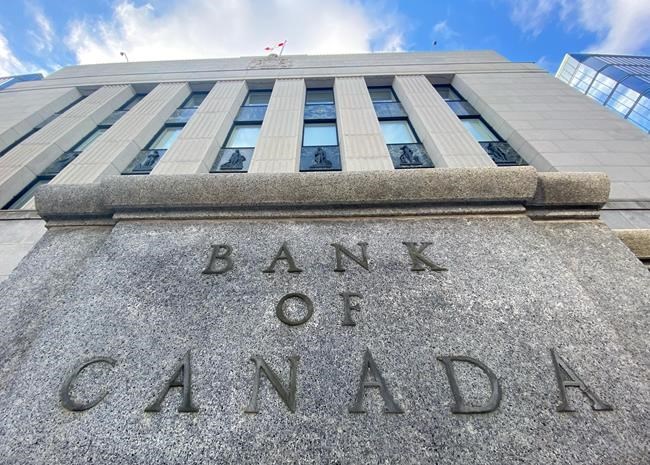If you must launder your money, do it carefully, advises the Bank of Canada.
The bank says it has tested the notes for durability against common household products.
"Repeated contact with substances such as bleach and ethanol resulted in damage that could make the notes unrecognizable as legitimate money," says spokeswoman Amelie Ferron-Craig.
"We therefore do not recommend using these substances to disinfect your bank notes."
Concerns about the novel coronavirus being spread through the exchange of cash have been circulating worldwide during the COVID-19 pandemic. In China, for example, media reports have suggested used bank notes have been isolated and disinfected.
Research from the United States has found filthy lucre contaminated with staphylococci, salmonella, E. coli, influenza, MERS and hepatitis A.
A 2017 article in Scientific American said Canadian polymer-based bills tend to carry fewer viruses and bacteria than those made primarily from cotton, such as the U.S. greenback.
An attempt by The Canadian Press to wipe down our plastic cash with the disinfectant Lysol started removing the pigment.
"We have not conducted tests with Lysol and cannot comment on its impact on bank notes," says Ferron-Craig.
The bank says the health risks posed by handling cash are the same as those from touching other common surfaces such as doorknobs, kitchen counters and handrails. The bank advises Canadians handling money should wash their hands often.
That's the same advice given by the World Health Organization to anyone dealing in cash — wash your hands afterwards, especially if you're about to eat or prepare food.
"If you want to take additional safety precautions, you can clean your polymer bank notes with a bit of soap and water since they are resistant to moisture," Craig-Ferron suggests.
"Note that this is not the case for older paper bank notes."
This report by The Canadian Press was first published May 12, 2020
Bob Weber, The Canadian Press



